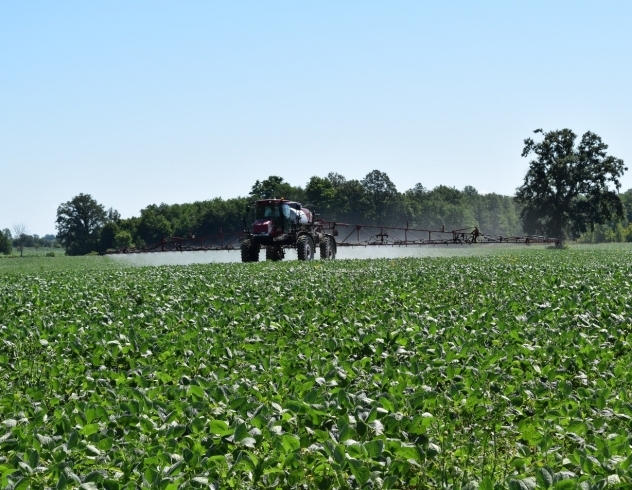News & Events

Crop Corner – Neonics: Know Your Options
October 02, 2015

With all of the recent “buzz” about neonics, it is important to know your options when ordering corn and soybean seed this fall. For the 2016 season, farmers are no longer permitted to buy seed treated with neonicotinoids (Stress Shield, Cruiser Maxx, etc.) without providing computer-generated maps of where the seed will be grown and a seed declaration form to their seed vendor. Growers are able to use neonic-treated seed on 50% of total corn acres and 50% of total soybean acres as long as they provide maps and the seed declaration form. In addition, growers wishing to plant insecticide-treated seed on greater than 50% of their acres must have documented insect pressure, established through digging insect traps. Insect traps consist of small soil pits spaced at least 10m apart, with a minimum of five per field. Regulations state that an average of two grubs or one wireworm per trap must be found to warrant the use of neonic-seed treatment.
When deciding where to set insect traps or where to plant neonic-treated seed next year, it is important to consider the factors that increase grub and wireworm pressure. The following factors contribute to increased insect population in fields:
- Green material in fall (ie. hay fields, cover crops, heavy weed pressure)
- Continuous cropping (continuous soybeans or corn)
- No-till
- Field history of insect damage
- Early planting date
We encourage growers to use neonic seed treatments while the technology is available, as it protects yield loss from insect damage for a large portion of the growing season, as well as ensures full replant coverage. The team at Clark Agri Service would like to support growers with this transition in any way possible. We are available to create field maps, help fill-out seed declaration forms, provide information & support in creating pest traps and help make decisions regarding where to plant neonic-treated seed. Please contact your agronomist for more information!
This Crop Corner has been written by Michelle Baker, Sales Agronomist at Clark Agri Service. Michelle can be reached by email mbaker@clarkagriservice.com or by phone 289-244-3888